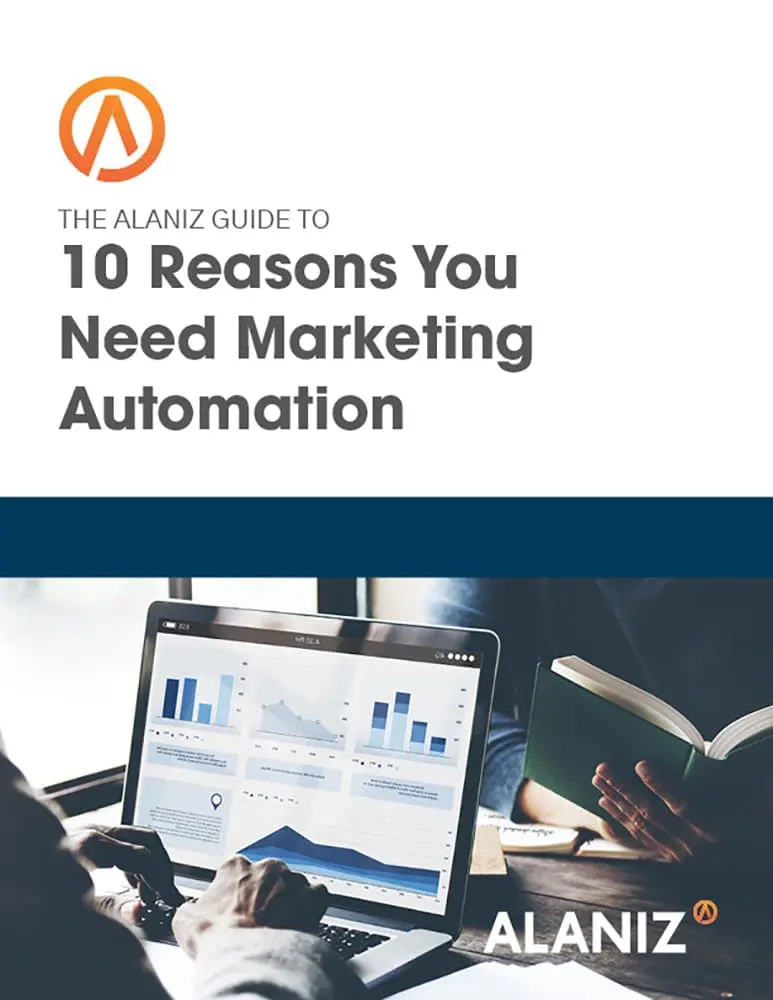Inbound marketing for B2B — businesses marketing to other businesses — is much different than inbound marketing for consumers. Businesses are rational. They make purchases when they have to. They research thoroughly to get the best value–which is not always the same thing as the best price. They know their business well and will be able to quickly know if your product and service can add value.
Consumers are often more impulsive, and will at times spend money based on a feeling or an impression that a product will make them look or feel better. Someone may buy makeup because they like the way it makes a model look, or a car because it matches the image they have of themselves.
When marketing to other businesses it is especially important to use high quality content on your website and in all of your marketing deliverables. Like I said, businesses are informed. They will be able to tell if you know what you’re talking about. You’re not going to trick anyone into buying something they don’t want or need. So don’t try. Focus on the reason you started your business in the first place–you found a way to solve a business problem. If you focus your content on the problem you solve, you’re far more likely to be found by businesses looking for the solution you offer. You will get better leads, faster, by having a clear, compelling story.
Inbound marketing is based on the premise that there are people searching online for the product or service you offer. How do they find you, and how do you find them? Creating content around the search terms people use to solve the problem your business addresses is on important way to get found. With B2B marketing it is absolutely critical that the quality of the content be very high. Why? Read on.
If your online message to searchers is simply “pick me,” you’ll be one of a page full to companies saying the same thing. Think about it. Say, for instance, you are a website designer in San Francisco. If someone needs a new website and Googles “san francisco web designer,” they will likely get a page full of links and ads saying “I’m the best website designer in San Francisco. Pick me!” What if your link said “How to choose the right designer for your website — San Francisco – Free Guide,” with an offer to download a guide? If someone downloads that guide, they’re probably a lead. Even more so if the guide directs people to consider the type of project and budget that represents you’re ideal client—then you might even get highly qualified lead.
Don’t try to sell too fast. People are usually researching online. If you have content around the right keywords, you’ll appear and you’ll be able to engage people while they are searching. They’re not looking for a sales pitch. They’re looking for information and guidance. Give them that, and you’ll earn their trust.
Managers often want to stick with promotional material in marketing. It is important to have that kind of content available because people will eventually compare products, feature to feature, with competitors. But it is just as important to have educational materials about your industry, products, and underlying technology. This is what business decision makers will read when researching a new product or company. They will be looking to educate themselves about what are the latest trends and capabilities out there. Selling points come later.
To learn more about inbound marketing and marketing automation, download “10 Reasons You Need Marketing Automation for Your Business.” If have any questions leave them as comments or shoot me an email.




